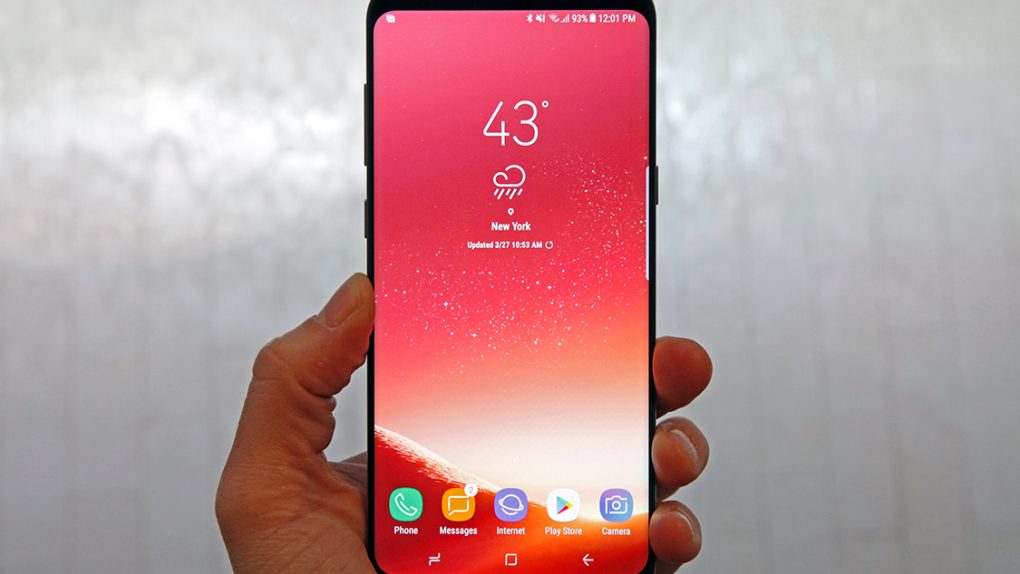Samsung on Thursday unveiled its next-gen Exynos chip, the processor that will equip its flagships this year, including the Galaxy S9 and the Galaxy Note 9.
We’ve known for a while about the Exynos 9810 processor, as Samsung mentioned it in early November when it announced that its CES 2018 innovation awards. Samsung didn’t really reveal what the new Exynos 9810 will have to offer back in November, but now we know it’s equipped with the tools that will allow Samsung to copy the iPhone X.
The octa-core Exynos 9810 will be speedier than its predecessor, with top speeds going all the way up to 2.9GHz. Samsung says single-performance will double, while multi-core performance is increased by around 40% compared to the Galaxy S8 chip. The chip is also supposed to be more energy efficient than last year’s processor, as it’s built on Samsung’s second-gen 10nm FinFET process.
Other features include “ultra-fast LTE” speeds, thanks to a 1.2Gbps LTE modem that’s embedded in the chip, as well as 6x carrier aggregation.
So how will the Exynos 9810 allow Samsung to copy the iPhone X? Samsung highlights several features the chip will make possible on future devices, including neural network-based deep learning and stronger security:
This cutting-edge technology allows the processor to accurately recognize people or items in photos for fast image searching or categorization, or through depth sensing, scan a user’s face in 3D for hybrid face detection. By utilizing both hardware and software, hybrid face detection enables realistic face-tracking filters as well as stronger security when unlocking a device with one’s face. For added security, the processor has a separate security processing unit to safeguard vital personal data such as facial, iris and fingerprint information.
In other words, Samsung is working on Face ID-like technology, but a true Face ID competitor won’t be ready for the Galaxy S9.
Apple’s Face ID is the most sophisticated facial recognition system available to date, especially on mobile devices. It can’t be hacked with photos, and it can authenticate mobile payments. Samsung’s 2017 flagships support 2D facial recognition support, which isn’t as secure.
The iPhone X’s TrueDepth camera is what enables 3D facial recognition system, but also Animoji support and other apps that make use of face tracking. The same sort of apps may be coming to future Samsung phones. At least that’s what the “realistic face-tracking filters” mention seems to imply.
The Exynos 9810 will also have a dedicated image processing and upgraded multi-format (MFC) codec, which will support “faster and more energy-efficient image and visual processing. The Galaxy S9 will probably get “advanced stabilization for images and video of up to UHD resolution, real-time out-of-focus photography in high resolution and brighter pictures in low light with reduced noise and motion blur.”
Finally, the MFC codec will render some 1,024 different tones for each primary color, or 1.07 billion possibilities of colors, a significant upgrade compared to the previous 8-bit color format’s 16.7 million colors. In other words, the Galaxy S9 should deliver an even better display performance than last year’s phones, iPhone X included.
All that sounds great on paper. But let’s remember that Samsung will also use the Qualcomm Snapdragon 845 for the Galaxy S9 and Note 9 this year, which means that it’ll have to find a way to offer a consistent experience across devices, regardless of processor type.








